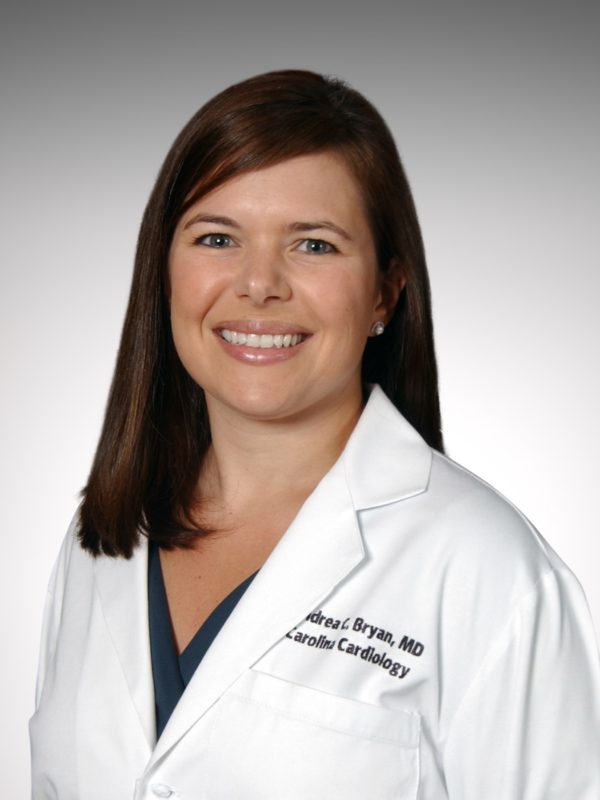What women need to know about heart disease
Cardiovascular disease is the leading cause of death in women. That includes women with obvious risk factors like being overweight or smoking, as well as seemingly fit women with silent, but just as deadly, risk factors like high blood pressure or high cholesterol.
“Most women with symptoms attribute them to something else and don’t immediately seek medical attention,” said cardiologist Andrea Bryan, MD. “This leads to more women eventually arriving at the emergency department deep in the throes of a heart attack. It’s one of the main reasons why, since 1984, more women than men have died each year from cardiovascular disease.”
How can a woman protect her heart’s health?
Dr. Bryan shared these recommendations:
- Know the symptoms of a heart attack. Women can certainly experience that classic chest pain feeling of “an elephant sitting on your chest,” just like men typically do. However, women are more likely than men to experience other symptoms of a heart attack, such as:
- Fatigue
- Chest pressure
- Nausea
- Vomiting
- Back pain
- Jaw pain
- Know your numbers. This refers to key markers of heart health like cholesterol, blood sugar and blood pressure. An astounding 90% of women have one or more risk factors for developing heart disease, and many don’t even know it.
- Know your family history. If an immediate relative has had a heart attack, stroke or heart disease, then you’re more likely to have it as well – even if you exercise and eat right. By all means, keep up the heart-healthy activities, but also keep tabs on the potential underlying issues.
The more you know about heart disease, the better chance you have of beating it.
“Women must take charge of their heart health today, not only for themselves but for the future of their loved ones,” said Dr. Bryan.
Knowing your numbers, the symptoms of heart disease and your family history is all part of committing to a heart-healthy lifestyle that could save your life.
Find a cardiologist you trust
We make it easier to get the care your heart needs, with cardiologists located near you.
Learn More

